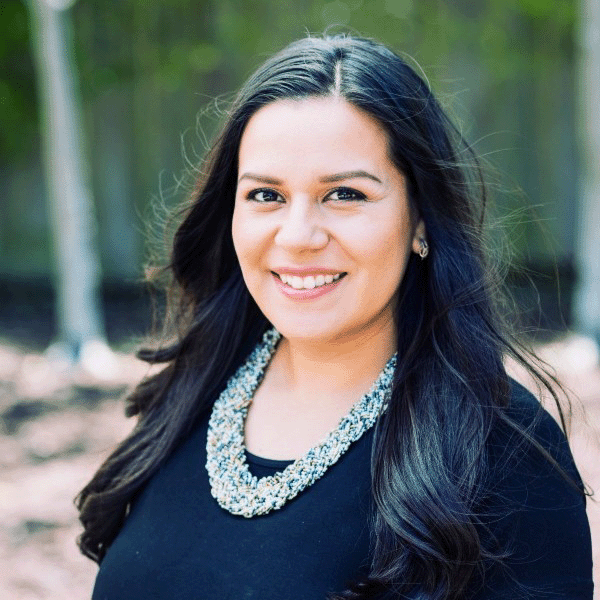
DEI Leader Reflects on how Sociology Degree Has Shaped Her Career
Alumna Michelle Rodriguez ‘06 uses lessons from Sociology and Ethnic Studies classes on a daily basis in work at LinkedIn
Name: Michelle Rodriguez
Year Graduated from SCU: 2006
Major(s): Sociology and Ethnic Studies (done through the Individual Studies program at the time)
Current Occupation: Director, Diversity, Inclusion & Belonging at LinkedIn
What have been the ways that sociology (and your experiences at SCU) has helped you in your work and life? Or What do you think are the most important things for students to learn to be able to do the type of work you do?
I use my lessons from my Sociology and Ethnic Studies classes on a daily basis in my field. I oversee a strategic pillar and team called Environment of Belonging that focuses on building an inclusive culture for our global workforce of 20K+ employees at LinkedIn. My team focuses on activating a culture of allyship across the globe, promoting inclusive leadership behaviors, and supporting our 11 Employee Resource Groups that engage over 8K+ global employees and 800+ employee leaders. Being able to understand and explain power and privilege dynamics and how historical events can impact different groups are all things that provided a foundational skill set to my role. In addition, so much from qualitative Sociology has aided me in discovering and investigating different employee experiences around the world, particularly from groups that are more underrepresented in that region. I have had to conduct focus groups and provide large scale analysis that informed company strategy and programming and I owe all that to my Sociology professors!
What advice do you have for current sociology majors who might be interested in your career focus? (What experiences would be good for them to be involved in while still an undergrad?)
Getting into the Diversity, Equity, and Inclusion field can seem daunting as a young professional but I remind people to focus on what they want to learn and do vs. the perfect job title. I have been doing some form of DEI work for 10+ years but wasn't always necessarily in a full time DEI role or team. Looking back, my red thread has always been in the work of the employee experience and Employee Resource Groups. If you want to get into the DEI field, figure out what area you would like to learn and where you thrive in terms of your own skills and talent. For example, there are some people in DEI that just work on quantitative analytics, others in operations, many on employee facing programs, some solely in recruiting. You have to figure out what area of the talent lifecycle or business you would like to impact and that will help you more than chasing a generic title.
Sometimes when students tell me they want to work in diversity and equity, I ask them why and I typically hear, "I want to help people". That is beautiful and keeping a people centered approach should always be part of this work. I also let them know much of this work is about change management. The work of DEI has to do with looking at a current system and structure and changing the way it operates so that it can serve people more equitably. That can be really hard! This work is a constant chipping away day to day vs. overnight successes. In addition, a lifelong learner type of mentality is absolutely necessary when you are serving a global workforce. Just because you know all about your history and social identities doesn't mean you need to stop there. Be curious and always push yourself outside of your comfort zone to learn about other people's experiences and histories so you can be an informed advisor in the future.
Any other question prompts and responses you wish we would have asked:
A great way to become prepared for this field as a student is getting involved in the Multicultural Center! I was involved my 4 years at SCU and even served as Assistant Director in my Junior year. Being able to serve on the MCC Executive Board taught me important leadership skills, including coalition building, advocacy, cross-collaboration skills, project management, and cultural humility. The MCC is a great way to learn about others, gain leadership skills, and find a community at SCU. In addition, the MCC was a great foundation to my work in starting and organizing Employee Resource Groups at all (yes all!) the tech companies I've worked at including SAP, Yahoo, VMware, and LinkedIn. Making spaces for community and belonging has always been a part of my purpose and I'm so thankful to have started my work at the MCC.